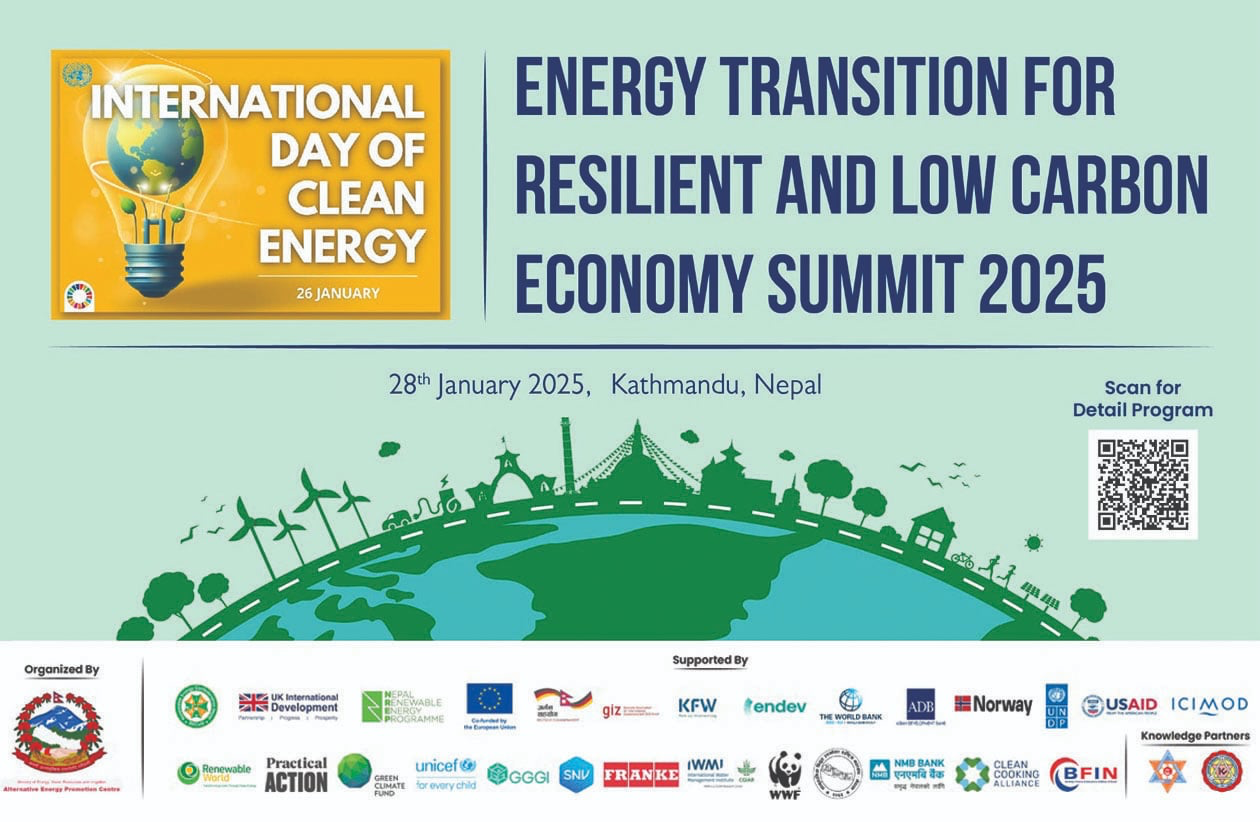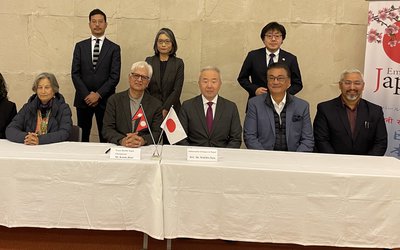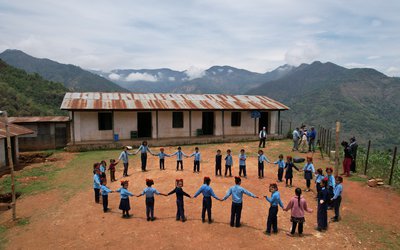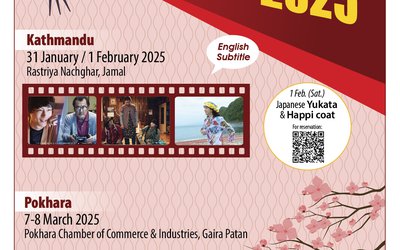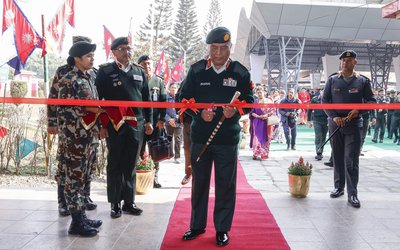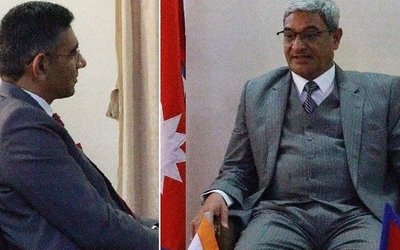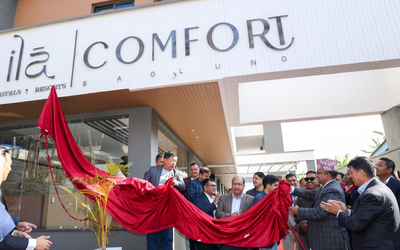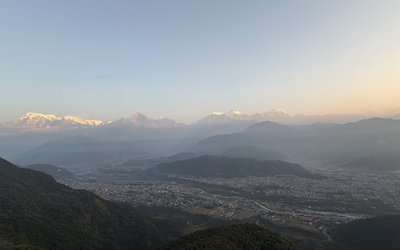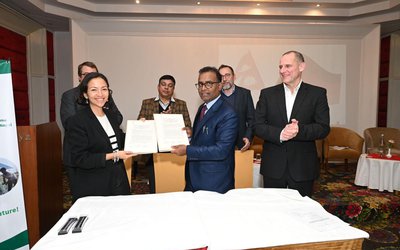

At a time when ground water in Churebhabar region and southern terrain and Kathmandu valley is depleting in fast with surface for recharge either covered by settlement or deforested, it has impacted in irrigation and drinking water sector.
With the change in rainfall pattern with occurrence of extreme rainfall frequently and open spaces virtually wiped out in the valley like Kathmandu, the flood is regularly affecting the life in the valley.
As the water retention capacity of the Chure region is depleting due to deforestation and other human activities and high extraction of groundwater in further south of the plan, people living in the foothills and beyond south of Nepal have been facing water crisis for irrigation and human use.
Over-exploitation of groundwater systems, changes in the water cycle, irregular rainfall or extremely low rainfall, exploitation of riverbed materials, climate change and increased destruction have led to low water retention by the soil.
In this critical hour, the inaugural workshop on Harnessing Rain and Floods for Groundwater Sustainability for Technical Assistance on Sustaining Climate and Disaster Risk Resilient and Low Carbon Development in South Asia is highly significant.
IWMI is conducting the study with support from the Asian Development Bank. The study conducted by the project will be helpful in addressing the issue in Nepal.
According to the International Water Management Institute, this study aims to address the critical issues of groundwater management in the highly fragile and climate-sensitive regions (Chure-Bhavar and Kathmandu Valley) of Nepal.
The inception workshop will serve as a platform to present the project objectives, methodology and expected outcomes. It will also provide an opportunity for stakeholders to engage, share insights and contribute to the planning and implementation phases of the project. Your participation and expertise are highly valued, and we believe your input will be critical to the success of this initiative.
The kick-off workshop served as a platform to introduce the project objectives, methodology, and expected outcomes. It also provided an opportunity for stakeholders to engage, share insights, and contribute to the planning and implementation phases of the project.

In the opening program, Dr. Vidhisha Samarasekara delivered the welcome address, highlighting the issues in the current context of the region.
In the context setting presentation, Fulco Ludwig spoke about the background and importance, Nirmala Shrstha highlighted the scope and approach, Saurav Pradhananga presented the methodology and approach for Chure Bhavar region and Anuj Mishra presented the methodology and approach for Kathmandu Valley.
Addressing the concluding session, Rabindra Osti, Principal Climate Change Specialist, Climate Change, Resilience and Environment Cluster, Climate Change and Sustainable Development Division, said that this is a very important issue in the region. He said that the study will help to address the issue of groundwater recharge. Fulco Ludwig gave a vote of thanks.
- IME Group's Ila Comfort Hotel has commenced operations in Baglung District.
- Feb 01, 2025
- Maurice Herzog’s Celebrated Book Annapurna : Premier 8000 Soon in Nepali
- Feb 01, 2025
- Ministry Of Energy And GIZ Sign Agreement To Implement REEEP-GREEN Program
- Feb 01, 2025
- Japan To Provide Medical Equipment to Bayalpata Hospital in Achham District
- Feb 01, 2025
- Winter session of Federal Parliament begins
- Feb 01, 2025
